- Bishnu Prasad Khanal
The Shah dynasty rose in Nepal under the leadership of Prithvi Narayan Shah by unifying the kingdoms of Baise and Chaubise. At the time, his forefathers ruled the Gorkha country. For a long time during the Shah period in Nepal, family control reigned. The then-Rana dictatorship was no exception. Corruption and irregularities were not non-existent at the time, but it was limited within family. Various massacres and scandals occurred throughout the Shah and Rana eras, however those scandals and massacres also occurred within the family.
Following Nepal's unification, Prithvi Narayan Shah, Pratap Singh Shah, Ran Bahadur Shah, Girwan Yuddh, Bikram Shah, Rajendra Bikram Shah, Surendra Bikram Shah, Prithvi Bir Bikram Shah, Tribhuvan Bir Bikram Shah, Mahendra Shah, Birendra Shah, Dipendra Shah, and Gyanendra Shah became kings. During the Shah era, Rana rule in Nepal rose and collapsed. Jung Bahadur Rana established the Rana empire, which was followed by Ranodeep Singh, Bir Shumsher Ja.Ba.Ra, Dev Shumsher Ja.Ba.Ra, Chandra Shumsher Ja.Ba.Ra, Bhim Shumsher Ja.Ba.Ra, Juddha Shumsher Ja.Ba.Ra, Padma Shumsher Ja.Ba.Ra, and Mohan Shumsher Jang Bahadur Rana.
Matrikaprasad Koirala became Prime Minister of Nepal following the collapse of Rana regime. Then, in order: Tankprasad Acharya, Kunwar Indrajit Singh, Suvarna Shamsher, Bishweshwar Prasad Koirala, Tulsi Giri, Surya Bahadur Thapa, Kirtinidhi Bista, Nagendra Prasad Rizal, Lokendra Bahadur Chand, Marichman Singh Shrestha, Krishna Prasad Bhattarai, Girija Prasad Koirala, Manmohan Adhikari, Sher Bahadur Deuba, Pushpa Kamal Dahal, Madhav Kumar Nepal, Jhalnath Khanal, Madhav Kumar Nepal, Baburam Bhattarai, Khilraj Regmi, Sushil Koirala and KP Sharma Oli have ruled Nepal as Prime Minister and the current Prime Minister is Pushpa Kamal Dahal.
Nepali people have been subjected to a number of regimes, most notably the Shah rule, the Rana regime, the Panchayat government, the democratic regime, and the republican system, yet none of them have improved the people's lives.
In terms of governance, Ram Baran Yadav, Bidyadevi Bhandari, and Ramchandra Paudel have served as President of Nepal since the republic's inception. Dozens of individuals led the country, but the country's situation is deteriorating by the day. Nepali people have been subjected to a number of regimes, most notably the Shah rule, the Rana regime, the Panchayat government, the democratic regime, and the republican system, yet none of them have improved the people's lives. Rather than the system, the propensity of those in charge of the country and the civil rights of the people are elements that are interconnected with that system is the matter to be evaluated.
When laws are not executed, citizens' rights are not safeguarded, and peace and freedom are not preserved in the country, no system can produce results. Unemployment, rising debts, closure of industries, increasing current expenditure compared to capital expenditure, thousands of young people leaving the country for work, rising prices, and a black market, raises a strong question mark to the system.
If a system is not correct, it will be replaced by another system; but, if the flaws and weaknesses in the alternative system cannot be remedied, the people will be returned to the former condition. Rather than focusing on which system brought us what, it is critical to address why individuals have become disillusioned with the system. The debate has been narrowed down to three different sorts of arrangements. Nepal has undergone monarchy, democracy, and republican regimes. The system of limiting the country's governance and management rights to one individual or a family was existent not only in Nepal's Rana and Shah eras, but also in democracies and republic.
Nepal has been a republic for almost 17 years. Due to the actions throughout these 17 years after the establishment of the republic, various groups have begun stepping out into the streets in search of an alternative to the republic, and one political party is even seated in the parliament. When a group led by Durga Prasai demonstrated in Balkhu recently, 28 people were hurt, including two police officers. They demonstrated in Tinkune on Friday, but the authorities dispersed them, and Prasai was kept under surveillance at his residence in Sanothimi.
A disorderly movement cannot reform the system, but if people's dissatisfaction with political parties persists, the system can potentially be indicated to have failed. As a result, the state and those in control of the state must be accountable and responsible to the people.
Citizens have grown more dissatisfied with the system and its leaders in recent years. Reducing unneeded representation in the government and strengthening the central and local levels is not improper in any way, but it is apparent that the rights of the people are not guaranteed under a monarchy, democracy, or republic if one family continues to run the country. The republicans addressed the topic of what the Nepalese people earned or suffered under the country's 240-year rule. The then-Maoists and the seven parties signed the Delhi agreement. Being based on that, the king and the monarchy were bid farewell from Nepal through the people's movement. However, several other kings were born in place of one king during the next 17 years. Regardless of what the constitution says, the same individual has led the political party for decades. Nepalese began denouncing the republic once the Prime Minister and President began acting like party officials. Two issues are now being considered by citizens. On one hand, citizens say that having one king is preferable than having hundreds of monarchs, while on the other hand, citizens argue that a republic is more preferable to a monarchy, recalling the excesses, tyranny, and horrors that occurred during the king's reign. The question of leadership transition comes up from time to time, but individuals who have been in charge for decades are not in a position to relinquish control instantly. The tendency of not performing well and not willing to let go of their position is gaining traction. Aristocrat Rana rule fell when people' liberties were restricted. In 19 years after King Mahendra assumed control, the kingdom reached a referendum, and the panchayat was disintegrated in 30 years.
When the Maoist crisis could not be resolved in time, and the government was attempting to gain control, King Gyanendra was forced to abdicate, and the republic was created. It has been more than a decade and a half since the founding of the Republic, but the people's situation has remained same, with the exception of some liberties and information rights. Foreign loans and imports have surpassed the limit, corruption cases are not being investigated. Because the number of people's representatives is large and federalism is costly, current expenses are increasing, capital and development expenses are low, development work is not completed on time and has irregularities, and people are gradually becoming negative toward federalism.
Finally, if effective administration is not maintained in the country, plans and projects are not finished on schedule, individuals' rights are not secured, and if no peace and security is guaranteed, the present system may be called into question. A disorderly movement cannot reform the system, but if people's dissatisfaction with political parties persists, the system can potentially be indicated to have failed. As a result, the state and those in control of the state must be accountable and responsible to the people.
The state must be mindful when it comes to creating jobs and establishing industries in the country. A republic is an appropriate management system, provided there is proper leadership for the growth of the country, but it is impossible to conclude that a nominal republic would enhance the people's situation. Whatever the system is, it appears to make very little difference as long as the people are not fulfilled, affluent, and free. Only democracy is the alternative to democracy, hence, it is vital to engage all parties that believe in people’s supremacy so that they remain united. However, it is still vital to provide the country with appropriate leadership.






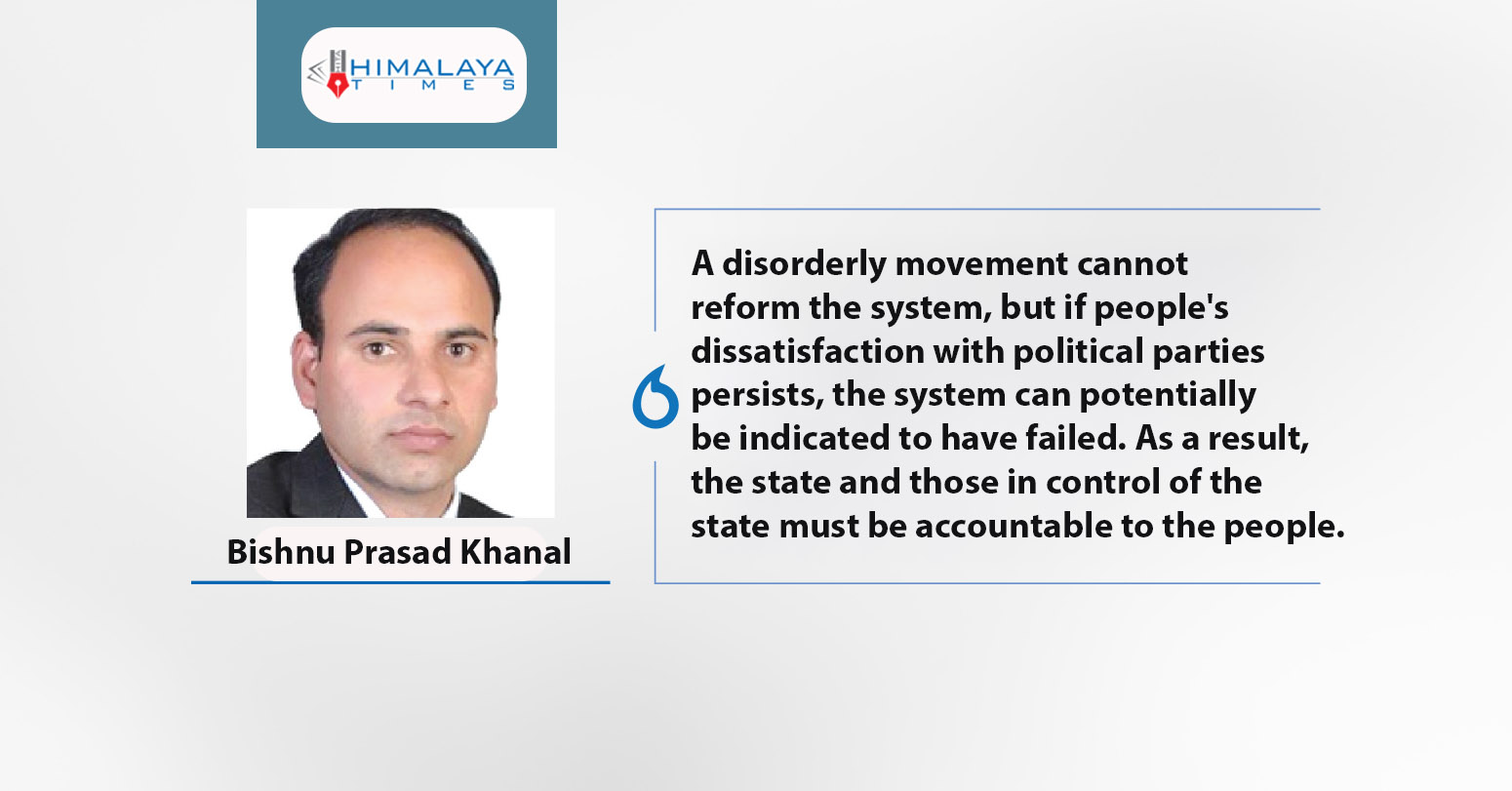
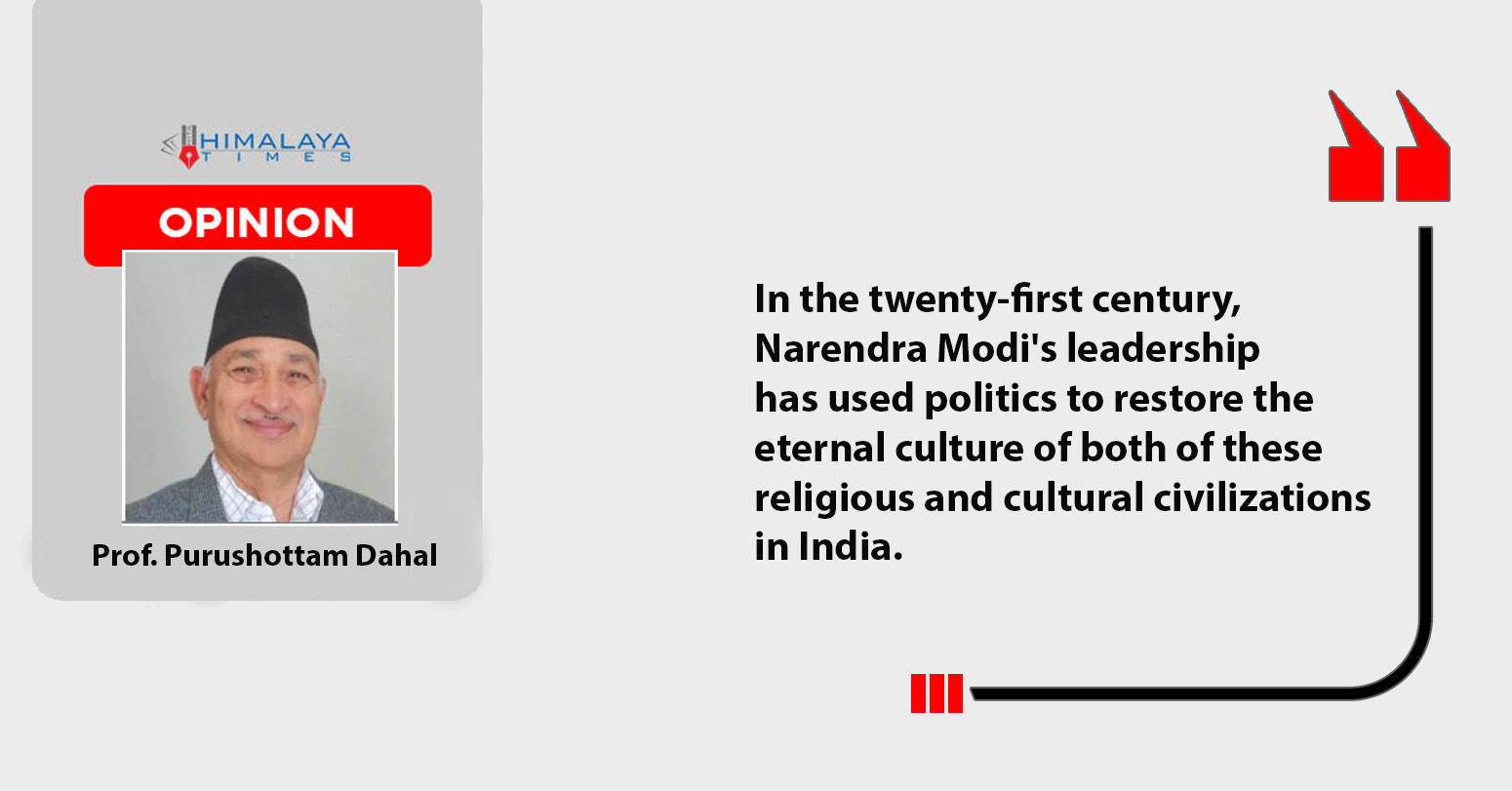
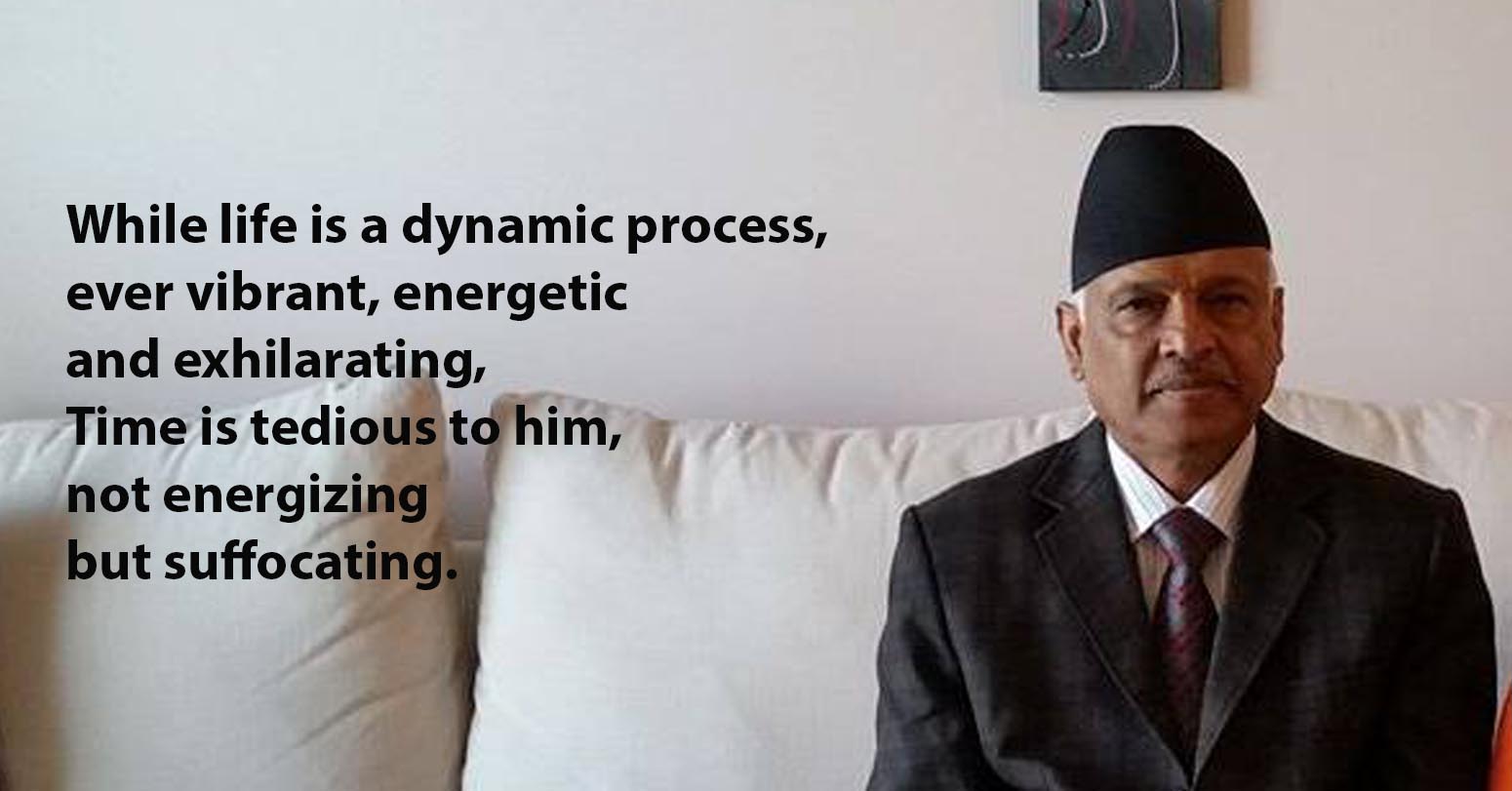
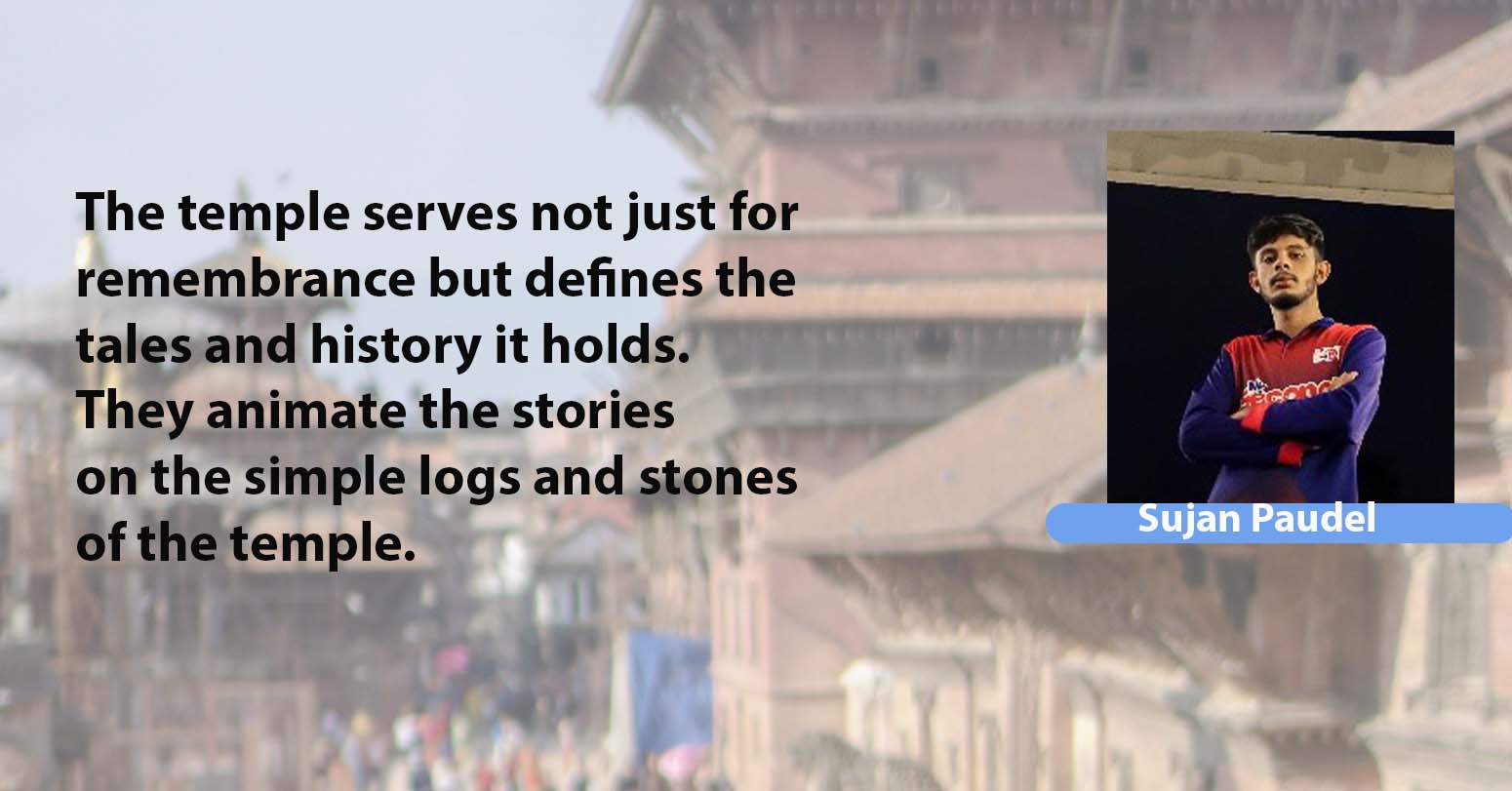
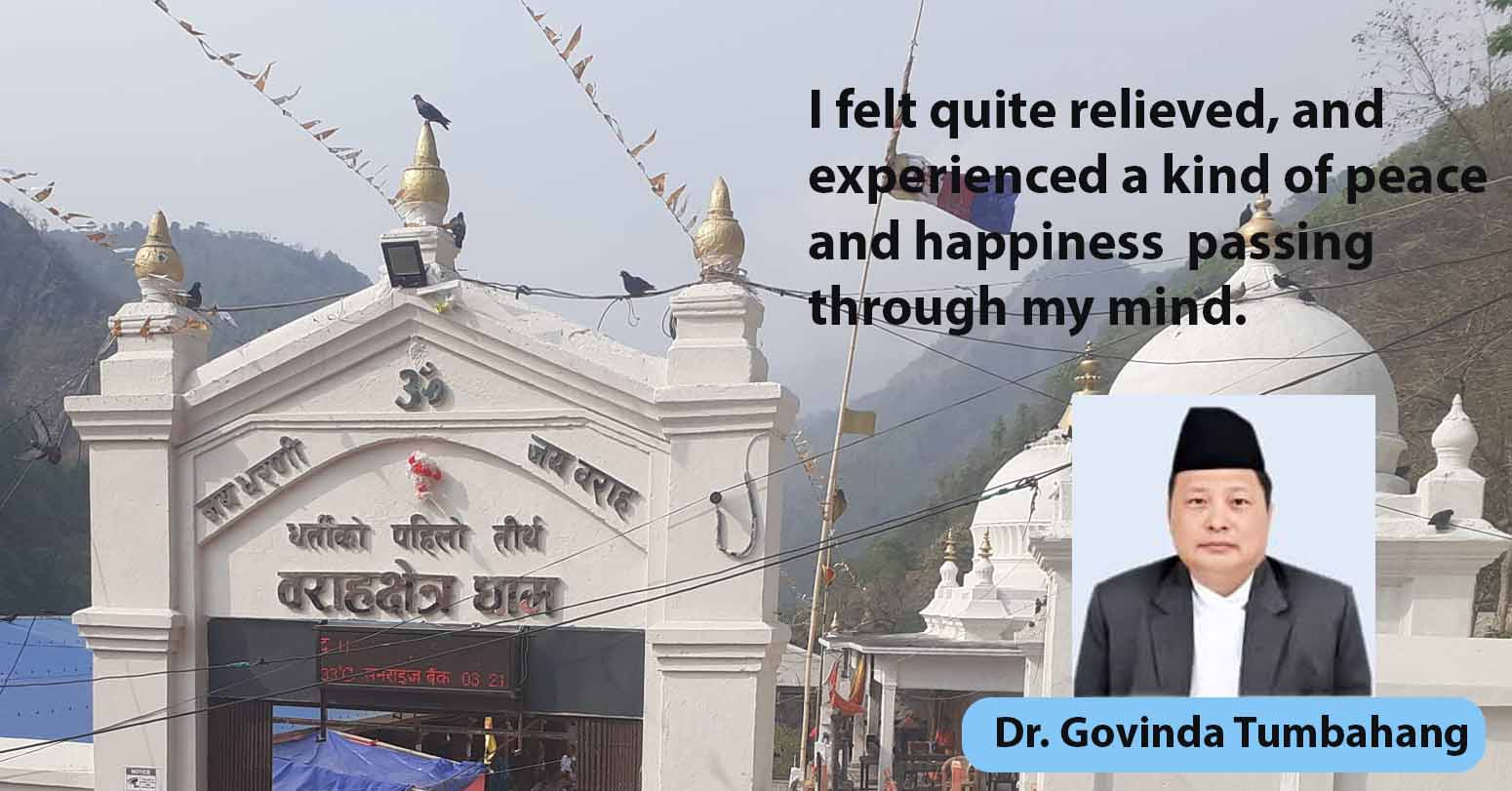
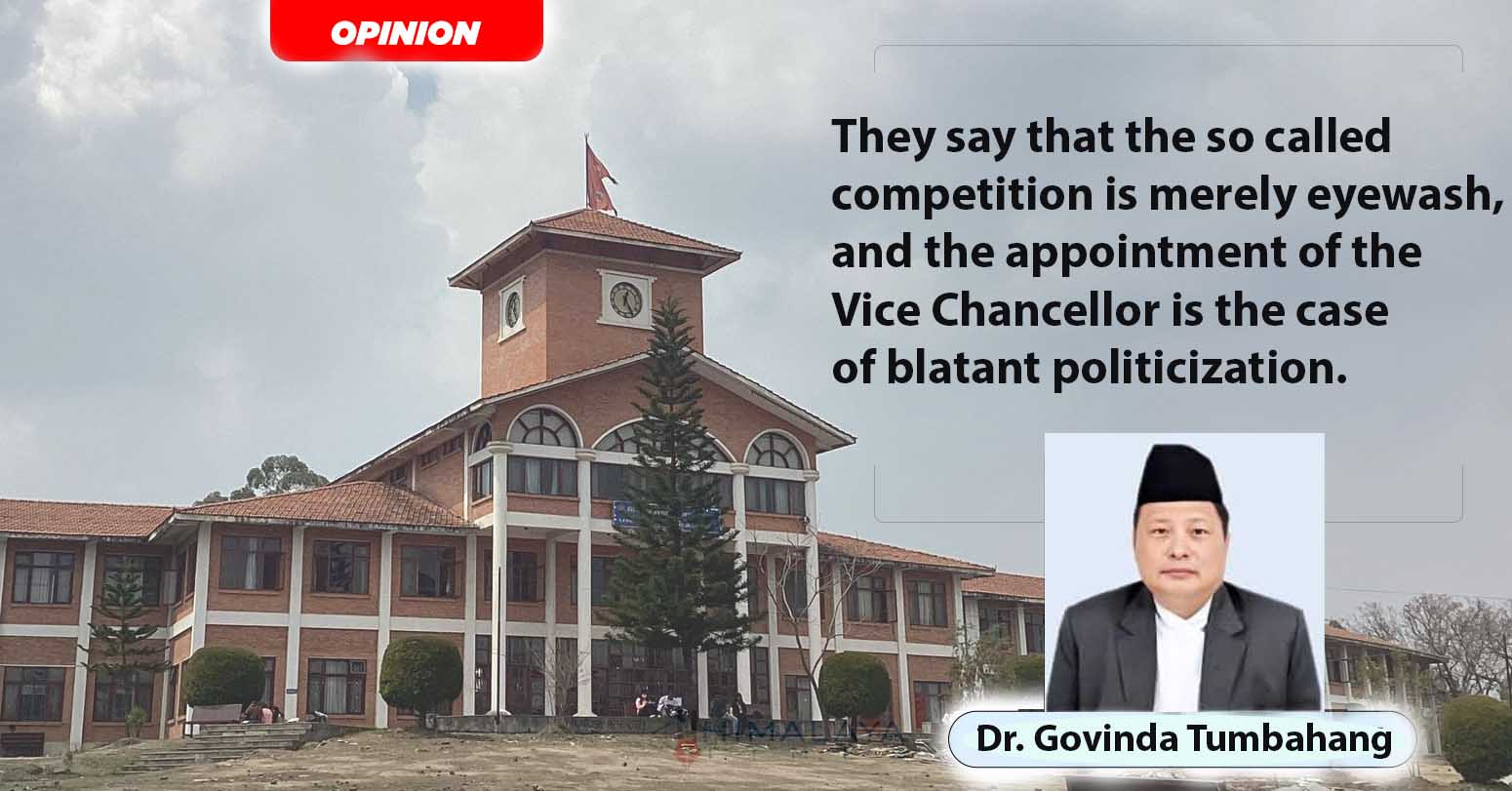
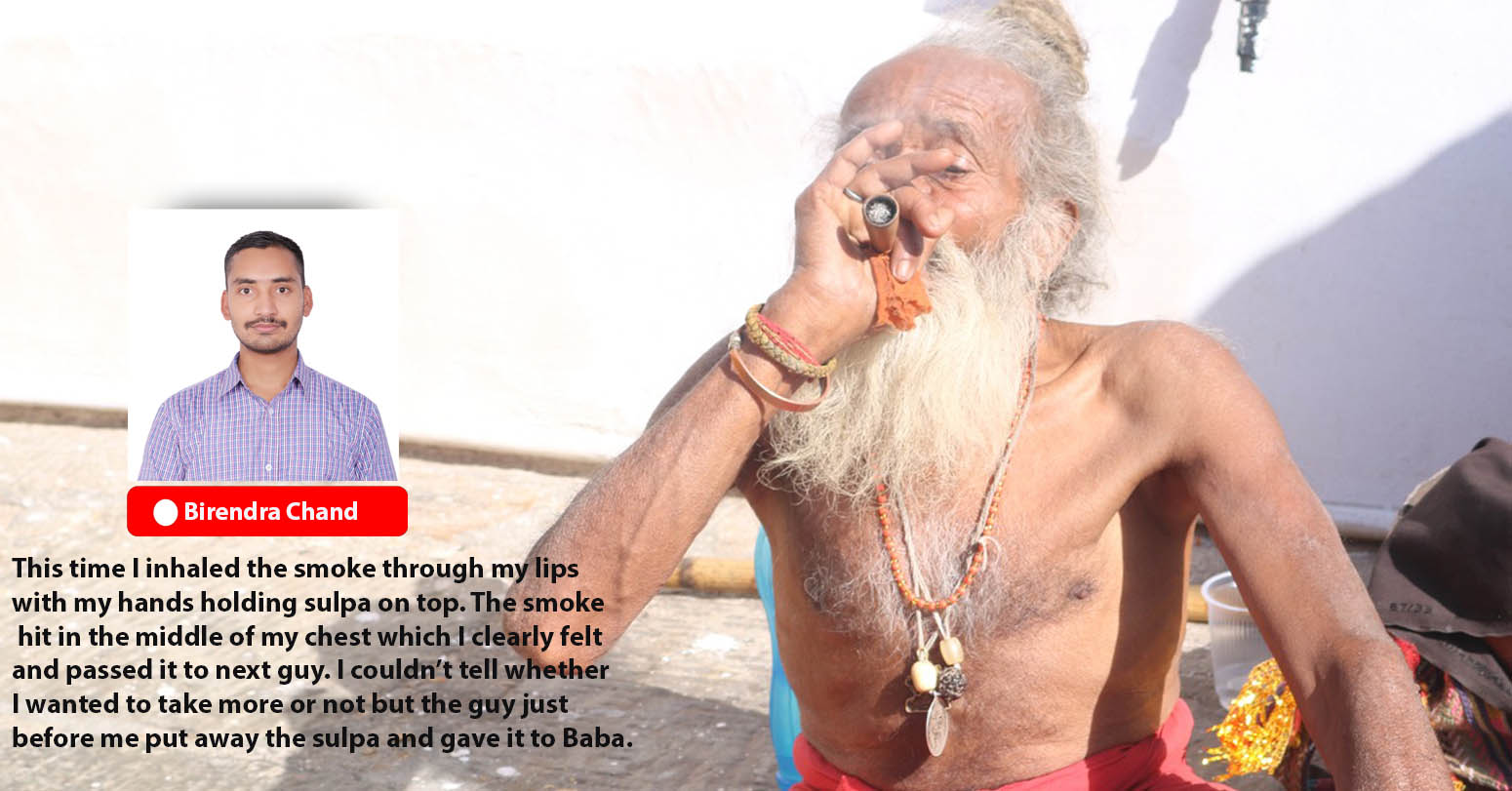
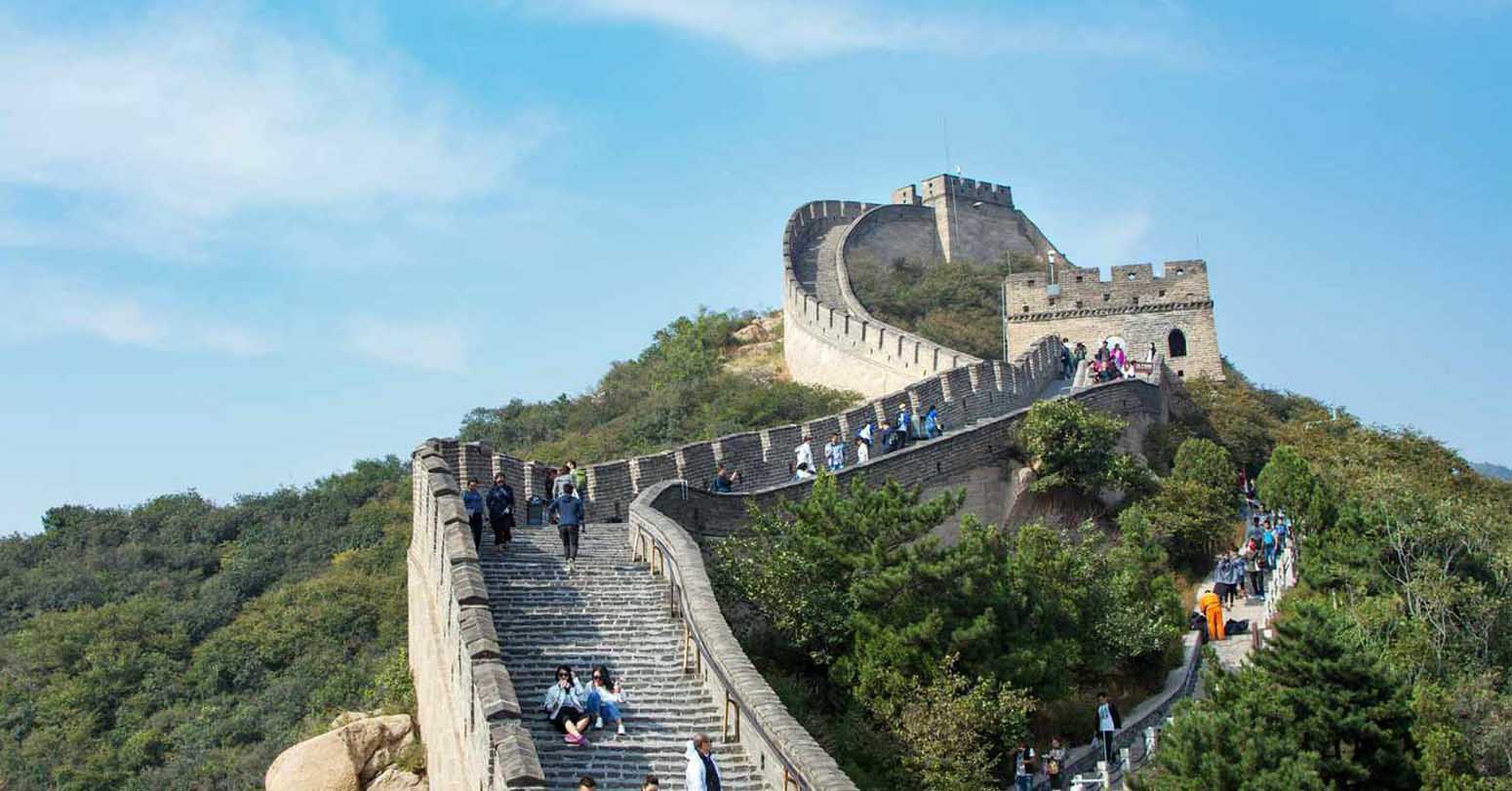
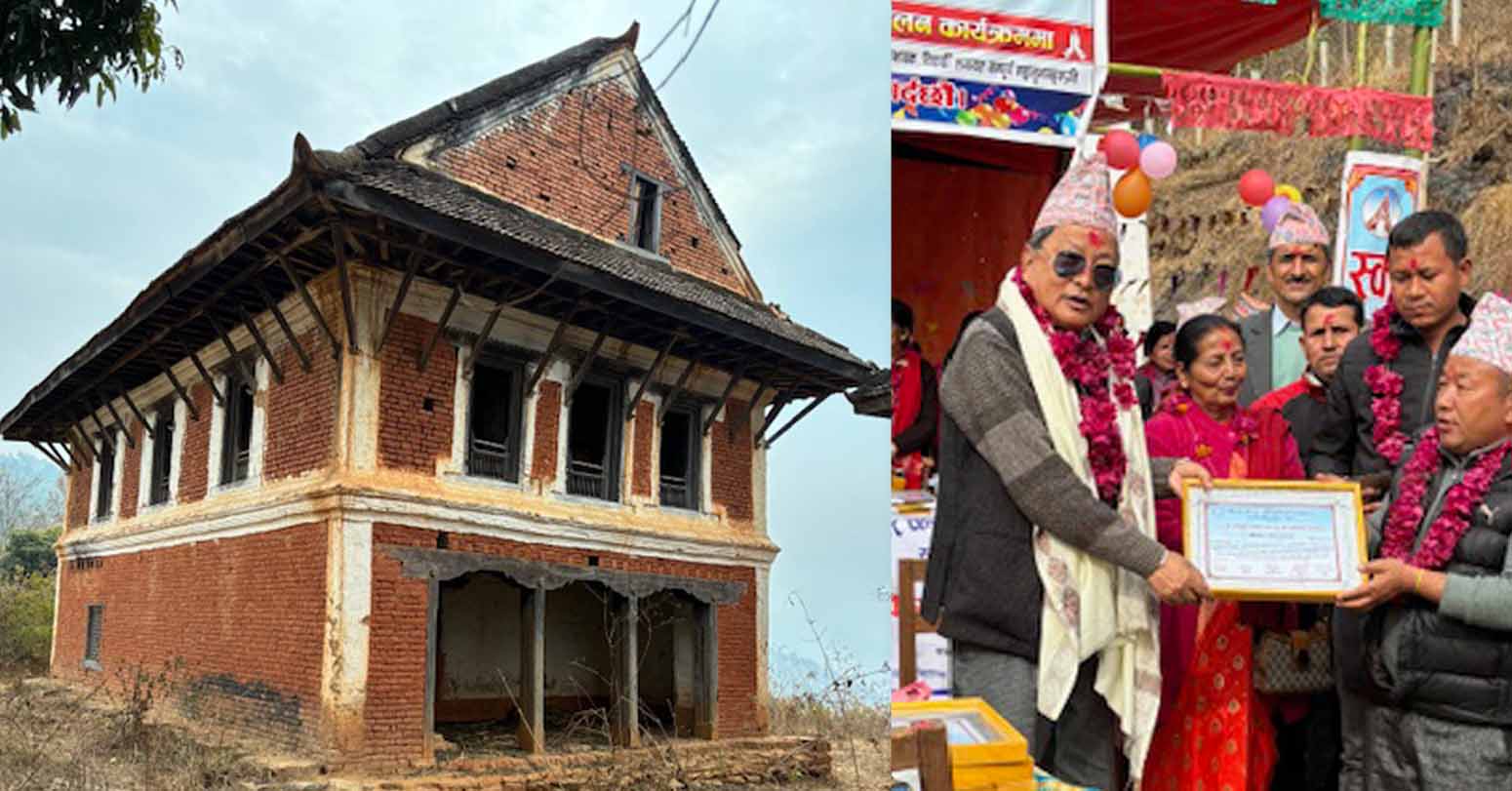

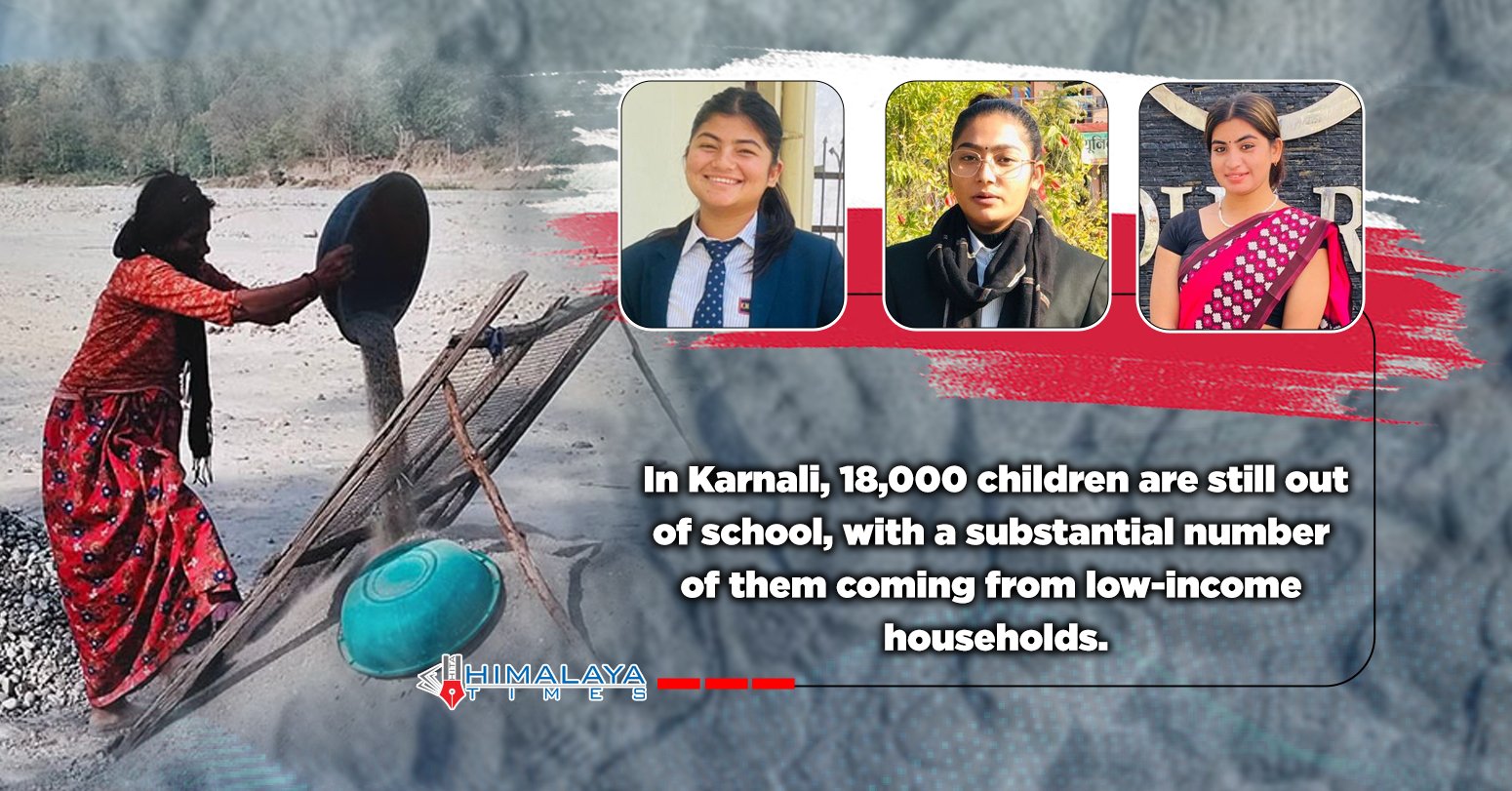
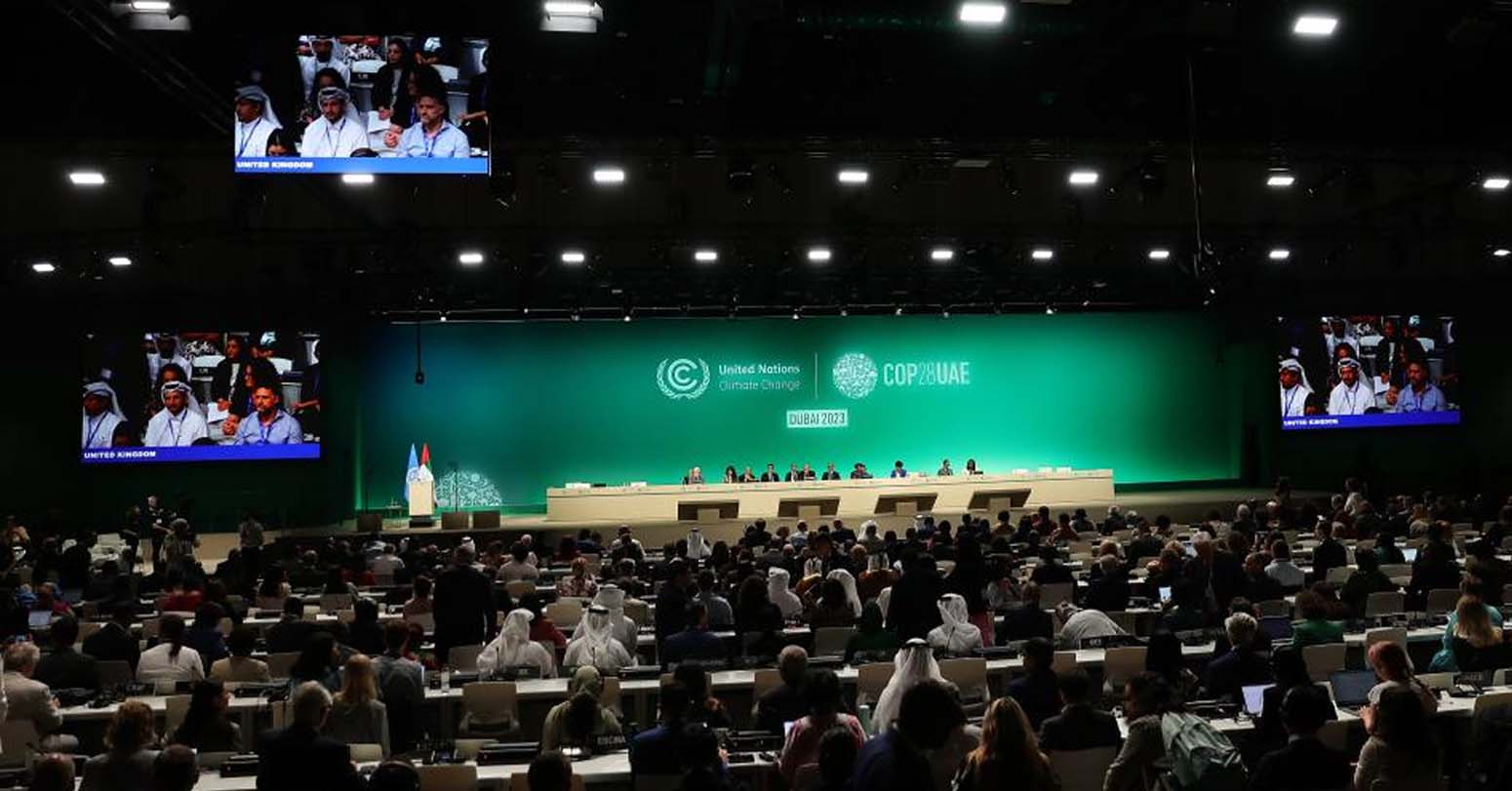
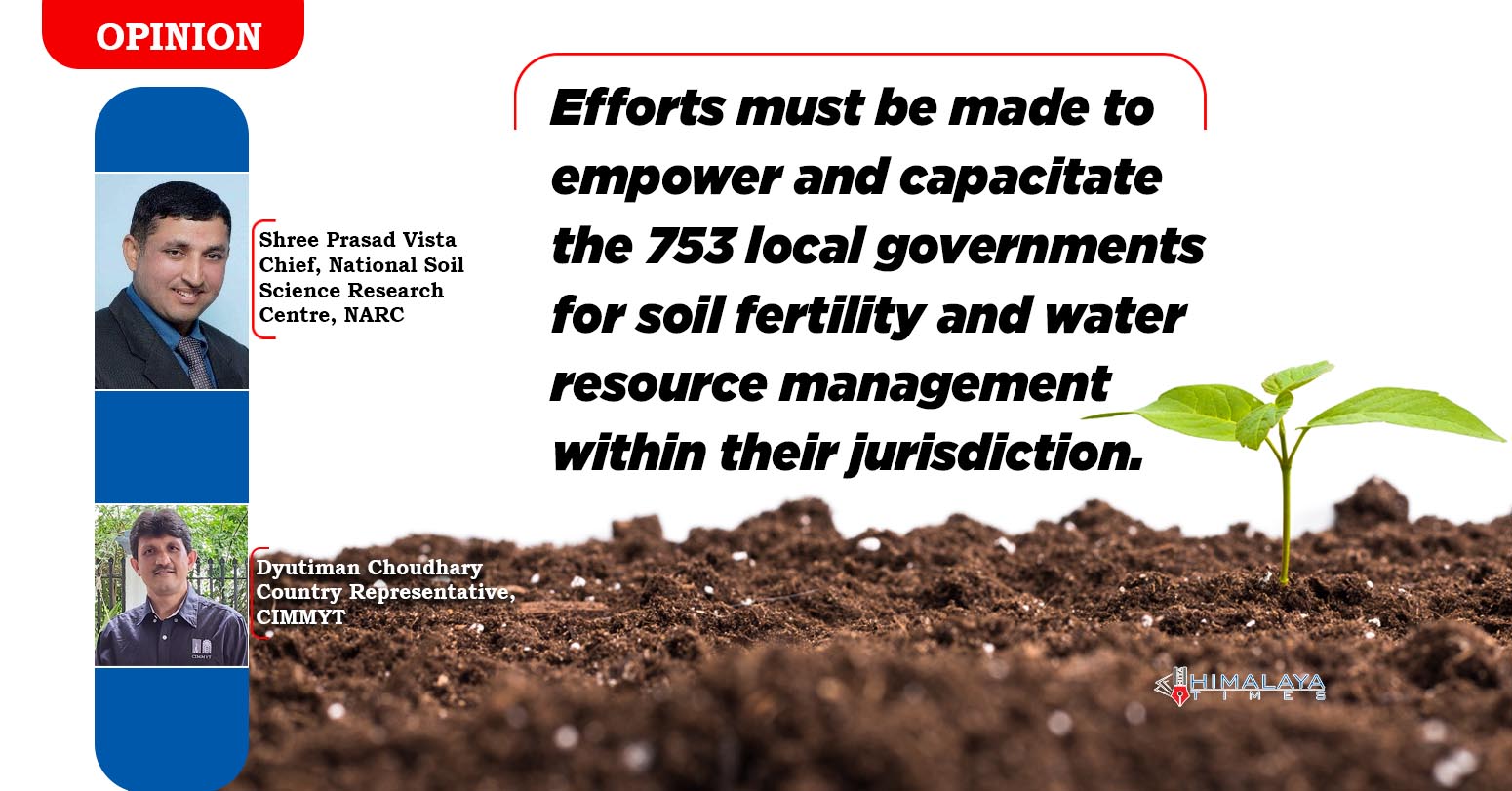
Comprehensive Data Protection Law Critically
Gender Differences In Mental Healthcare
Messi Wins Best FIFA Men’s
Erosion of Democracy
Fly Dubai Catches Fire in
“Complexities of the South Asian